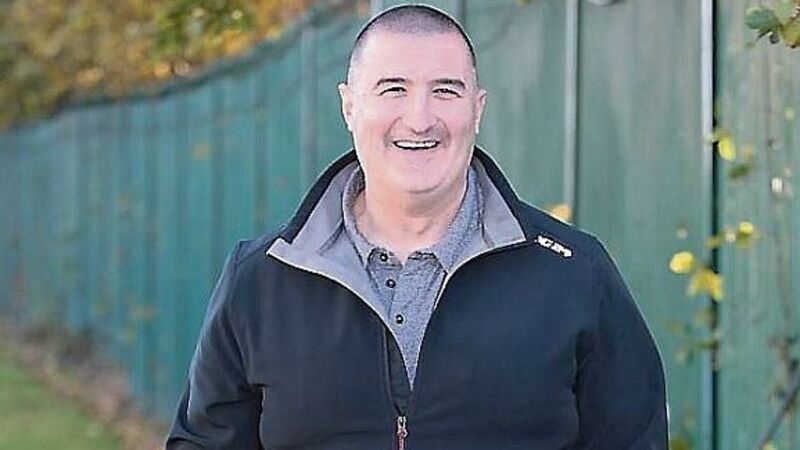Time for men to start talking about their weight

MEN get fat. But they are less vocal about it. They don’t sit around with colleagues at coffee-break, discussing the latest celeb-endorsed diet. Nor ring their friends, in tears, because they’ve fallen off the wagon after a week’s starvation, eaten two cream buns and now won’t fit into their skinny jeans.
Men get fat — even more than women. According to the 2010 National Adult Nutrition Survey, only 18% of men in the 36 to 50-year age group are a healthy weight, compared to 44% of women that age. Of men aged 18 to 35, 39% are overweight, compared to 25% of women.











